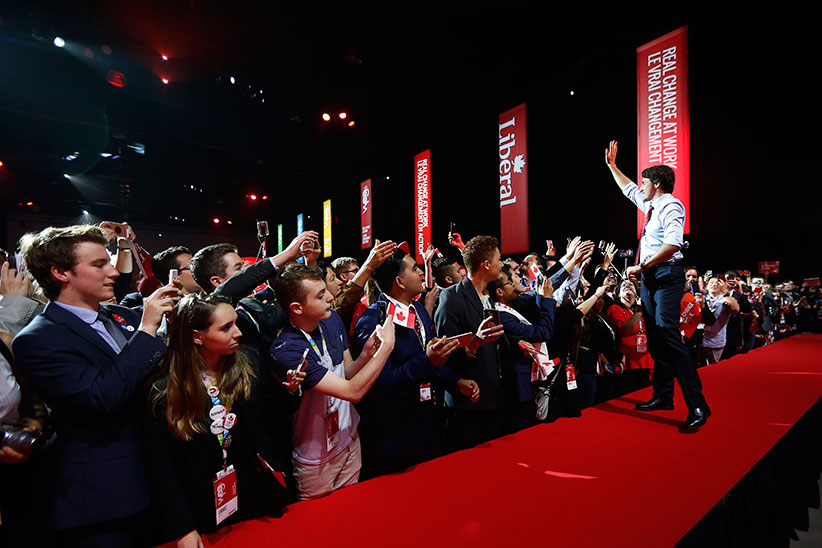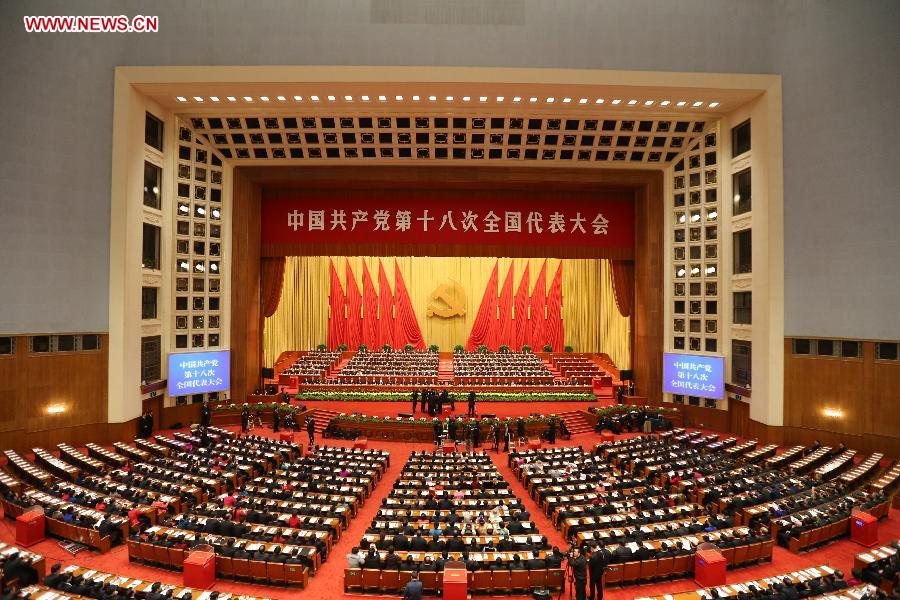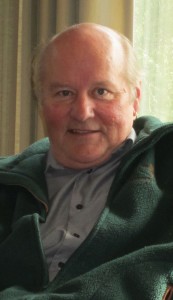 By Ray Rivers
By Ray Rivers
June 3rd, 2016
BURLINGTON, ON.
Both the Liberals and Conservatives held national conventions recently and there was lots of news coming out of both. In Vancouver the Conservatives seemed to have taken a breath of fresh air as they brought the Harper-era to an end, and were even encouraged by their former leader to reflect on the future and not the past. Though this is the party which claims its historic past to include the title of Canada’s first government.
In fact, it was called the Liberal-Conservative party back then, and it became a little more liberal when a few members of the left-wing agrarian-based Progressive party forced the name change to Progressive Conservative in the 40’s. But then the PC party self-destructed in the 90’s and what was left of it later dissolved itself, and turned the corner sharply with a precipitated marriage to the right-wing Reform party. So it isn’t really the party of Sir John A or Diefenbaker or even Mulroney anymore.

Prime Minister Justin Trudeau greets delegates at the 2016 Liberal Biennial Convention Winnipeg Saturday, May 28, 2016. Was it a political party convention or a meeting of a movement? Macleans/John Woods
But at least it’s still a political party. The Liberals left their convention in Winnipeg with a new constitution that has put an end to membership fees and memberships. You can register as a Liberal but not as a member. It appears that Liberals don’t want to belong to any club that would accept them as members. But that doesn’t mean the new Liberal movement doesn’t want your money, as anyone who has ever received an email from them will attest.
It all has to so with research which shows that the latest generation of mainstream Canadian adults don’t go in for that old membership routine, but love the idea of being in a movement. Besides the $10 membership fees cost more to administer than they brought in, and then there are all those tiresome volunteer hours and membership drives. And if membership fees were really about making money the other parties would be thinking, as the Tories briefly did, about a more realistic $25 a year – similar to what the NDP charge in Ontario.
Mr. Trudeau has been extremely successful, at least so far, in challenging conventional wisdom. Imagine winning an election by campaigning on welcoming refugees, deficit spending and higher taxes for the rich. What about the decision to allow those 300,000 Liberal non-member supporters the right to participate in choosing the next leader – which happened to be Trudeau. And didn’t he shock the world with the free world’s first gender-balanced Cabinet, despite the critics.
One of the most applauded and condemned election promises we’ll see implemented this election term is changing how we elect our government. Of course this initiative is damned by the Conservatives, because the first-past-the-post system works best for a party which can only win when there are electoral splits among the other parties at the polls. And changing the system is applauded by all of the the other political parties for exactly the same reason – to keep the Tories out of office.
Mr. Trudeau’s right hand woman on the issue, Democratic Reform Minister Maryam Monsef, has struck a committee to examine the facts on the options. One of those options will be proportional representation (PR), the most common democratic system in the rest of the free world. Under proportional representation some MP are elected to represent their ridings (as they are now) and the rest are appointed based on the percentage of the popular vote their party obtained in the last election.
These latter MPs are often referred to as list MPs since they are appointed from a list of candidates developed by the party based on their qualifications and loyalty to the party. Should that option be implemented, and it’s currently not the favourite among the PM and his brain trust, a PM Trudeau may have difficulty convincing Canadians that his list of non-riding MPs are even Liberals, since they will not be members. Everyone is still waiting to see how the non-Liberal senators will perform in the Senate.

This is a political party. It is a picture of the Chinese communist party. Orderly.
Can there be a party without members? Even in China and Cuba the communist parties have members. Except that in China one can’t just buy your way into the party with a membership fee – you have to be accomplished and worthy. In fact only one in sixteen Chinese who apply get qualified to be party members. Nevertheless there are almost 88 million communist party faithful there, almost three times Canada’s entire population.
But since almost all top government positions in China are staffed with party members, it just makes sense to try and get in the club. Now I’d have to call 88 million members a movement, even in China with its over billion souls. So it begs the question, as we reflect on our changing political scene, is that where our new PM is heading? One has to recall his one-time remarks a couple years ago about admiring the government of China.

Ray Rivers is an economist and author who writes weekly on federal and provincial issues, applying his 25 years of involvement with federal and provincial ministries. Rivers’ involvement in city matters led to his appointment as founding chair of Burlington’s Sustainable Development Committee. He was also a candidate in the 1995 provincial election
Background links:
Conservative Party – Conservative Convention – NDP Membership Fees –
Proportional Representation – Liberal Membership – Trudeau Liberals –



















Using a referendum would be a failure. It takes several sentences to describe the details that support a need for the change and only a single 2-lettered word (NO) to keep things the way they are: nice, simple and undemocratic. We have given political parties the freedom to gerrymander election boundaries; is it so more to let them change the current undemocratic system to one that is hopefully more representative?
In the end, one hopes the government will do the honest thing and have a general referendum for the electorate to decide on changes in election voting. Otherwise it simply has the appearance of the foxes re-organizing the hen house for their own advantage.